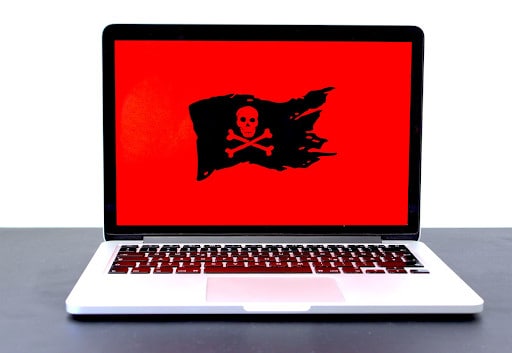Although not as well-known as its more popular counterparts, ransomware is an entire beast in its own right. Encountering a ransomware attack unprepared could cause individuals and organizations to lose hundreds of millions of dollars.
Just this week, Lincoln College, a 157-year-old academic institution, announced that it would close its doors permanently due to financial problems brought about by the pandemic and exacerbated by a ransomware attack.
Ransomware Defined
Before anything else, what is ransomware? This type of malware holds your data for ransom. In other words, it prevents you from gaining access to your system or personal files unless you pay the amount that the attacker requests.
Ways To Minimize Ransomware Risks
It could be difficult to recover when ransomware hits you, especially financially. The best thing is to prevent such an attack or ensure you are equipped enough to recover.
Back Up Your Files
A ransomware attack would have a much less devastating impact if you can still access your files elsewhere.
Performing a whole system backup could be difficult, especially if you have to do it for a large organization. In these cases, you could also consider secure cloud storage after your initial backup to ensure that everything is regularly synced and updated.
To be safe, take care to have offline copies of essential files. These will be more secure than online backups, as they are harder to access remotely.
Keep Systems Up-To-Date
System updates for you or your organization’s devices are a must. Even though they may seem like a nuisance, they provide necessary patches, updates, and improvements to your system.
These updates will often serve as a shield against potential attacks. Aside from possibly beefing up your security features, updating your systems helps you avoid falling victim to outdated exploits.
Staying longer with an outdated operating system gives attackers more time to develop ways to trap their potential victims.
Prevent Malware Spread
Ransomware is a type of malware, so it’s essential to have a robust anti-malware system.
There are many ways to prevent malware from spreading throughout your organization’s system. We’ve gathered several important actions below:
- Block suspicious websites or email addresses
- Filter file types
- Avoid using unknown external storage devices (USB sticks, external hard drives, SD cards, etc.)
- Disable autorun for mounted storage devices (or avoid them entirely)
- Install antivirus software and keep it updated
Secure Login Processes
Another factor that helps secure your files from ransomware is a secure login process. Preventing malicious actors from accessing your login details provides another layer of protection against a ransomware attack.
An effective way to secure your logins is by using multi-factor authentication (MFA). This login option asks each user to provide additional credentials aside from their username and password. This precautionary step adds a layer of security that could deter most attackers from pushing through.
Have a Game Plan
Most importantly, create a game plan that you can share with the rest of your organization. Keeping everyone informed of your protocol against ransomware helps people value these practices better, protecting your company as your accomplished goal.



